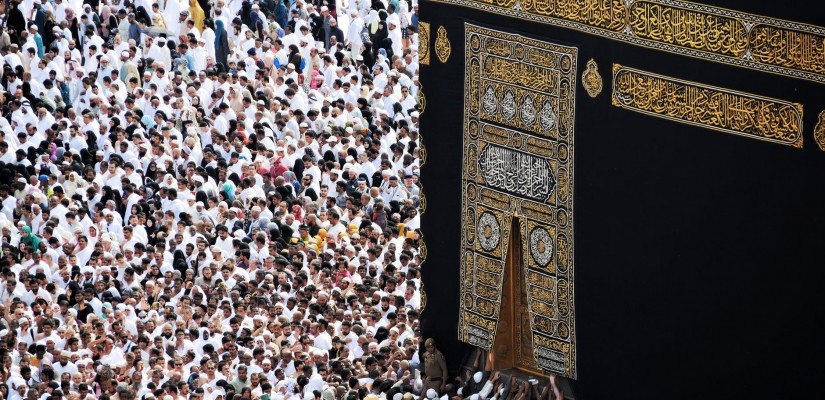
Saudi Arabia has barred international visitors from making the Hajj this year in an effort to prevent the spread of the coronavirus pandemic. This year, only around 1,000 people who already reside within Saudi Arabia will be able to take part in the traditional Islamic pilgrimage. Foreign visitors have been banned on past occasions due to war and disease, but not since the founding of the Kingdom in 1932.
As one of the five key pillars in Islam, Hajj is a requirement for all physically and financially able Muslims to perform at least once in their lifetime. This year, the Hajj is scheduled to take place between July 28th and August 2nd. Over 2 million people made the pilgrimage in 2019 and an estimated 2.5 million people would have otherwise visited Mecca and Medina this year. The Saudi Ministry of Hajj said the decision to limit the pilgrimage was aimed at preserving global public health because of the risks associated with large gatherings. This decision will likely save countless lives by mitigating the risk of spreading the virus to those who would then return to their home countries.
As of mid-June 2020, Saudi Arabia has recorded over 167,000 cases of COVID-19 and nearly 1,400 associated deaths. This is above average for countries in the Middle East but relatively low when compared to countries like the United States, Brazil, Russia, or India.
